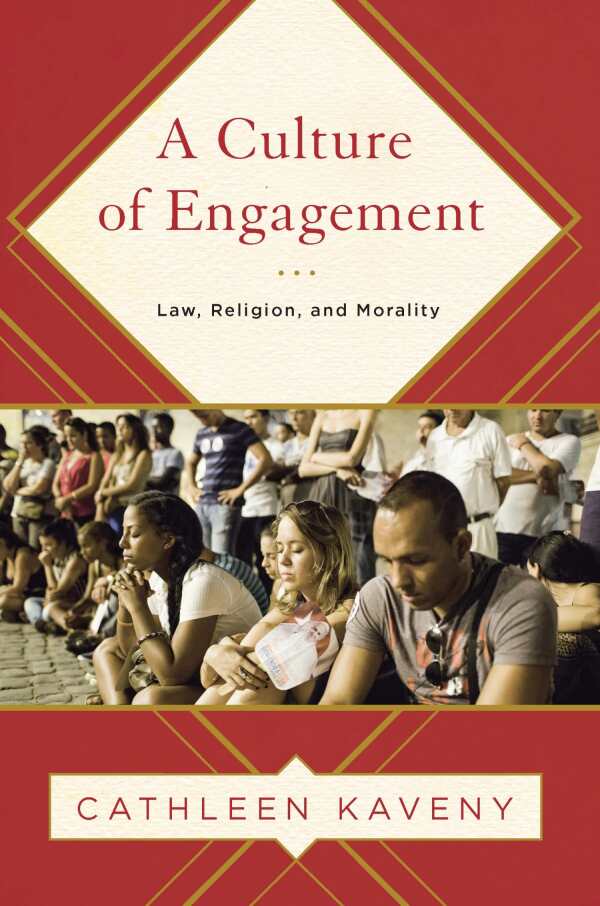
A theologian addresses the complex moral, legal, and political issues of a pluralistic society.
A Culture of Engagement is a compendium of Cathleen Kaveny’s columns published in Commonweal, a Catholic magazine dedicated to providing a venue for the interaction of faith and politics. Combining her degrees in law and theology, she writes from a judicial and religious perspective.
The essays are divided into five parts: law as teacher, religious liberty, culture, belief, and controversies. The first two sections concern religious and ethical concerns—primarily, sanctity-of-life questions: the death penalty, abortion, and assisted suicide. Kaveny persuasively presents the Catholic Church’s consistently negative stances on such topics, but she does not assume the role of a Catholic apologist. On a fourth issue, the connection between the Affordable Care Act (ACA) and its controversial contraception mandate, she criticizes the United States Conference of Catholic Bishops (USCCB). Kaveny writes that the bishops’ criticism of the ACA is “rooted in a mistaken assumption of how our law operates.”
In the third section, Kaveny’s narrative turns didactic: how to engage in cultural discussions without being self-righteous. She chides Villanova University about its capitulation to remove a memorial after protests by pro-lifers. She elucidates the logical and philosophical errors of those who would equate support for abortion with the Nazis’ Holocaust.
The fourth section negotiates the current rift in Catholicism. The faithful are divided into liberals and conservatives from the parishioners to the theologians who are encamped in two professional groups. The fifth section readdresses issues that remain unresolved.
Kaveny’s prose is clear and concise—appropriate for commenting on law, religion, and politics within the scope of an opinion essay. Columns often begin with a court decision followed by observations. When she believes the court is wrong, she is unequivocal in her criticism. She strongly dissents from the 5-4 decision by the Supreme Court in Burwell vs. Hobby Lobby Stores, concerning the ACA and health payments for contraception. The end notes supply avenues for further reading, and the bibliography is helpful.
This collection of perceptive essays provides insight into how one theologian addresses the complex moral, legal, and political issues of a pluralistic society.
No comments:
Post a Comment